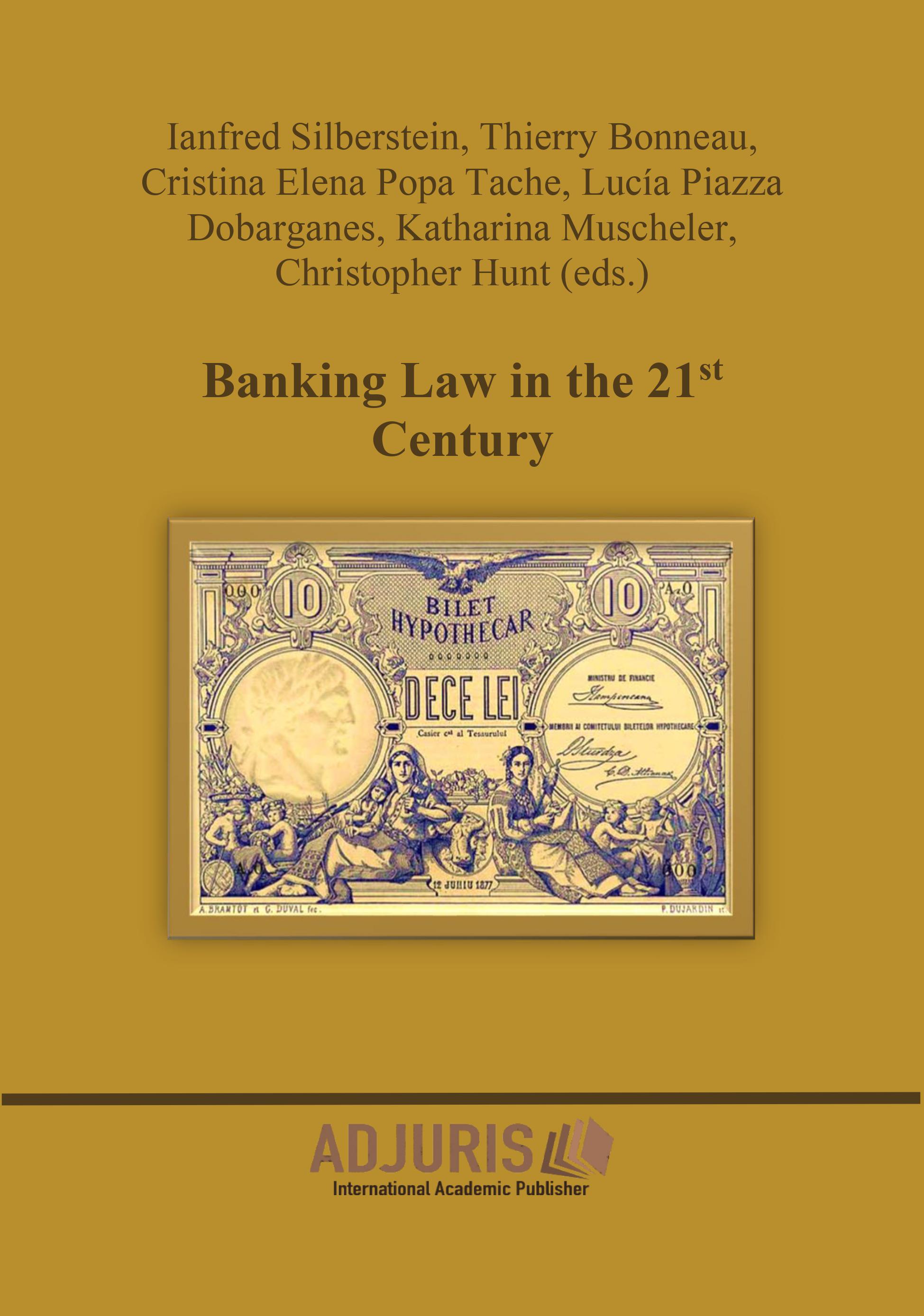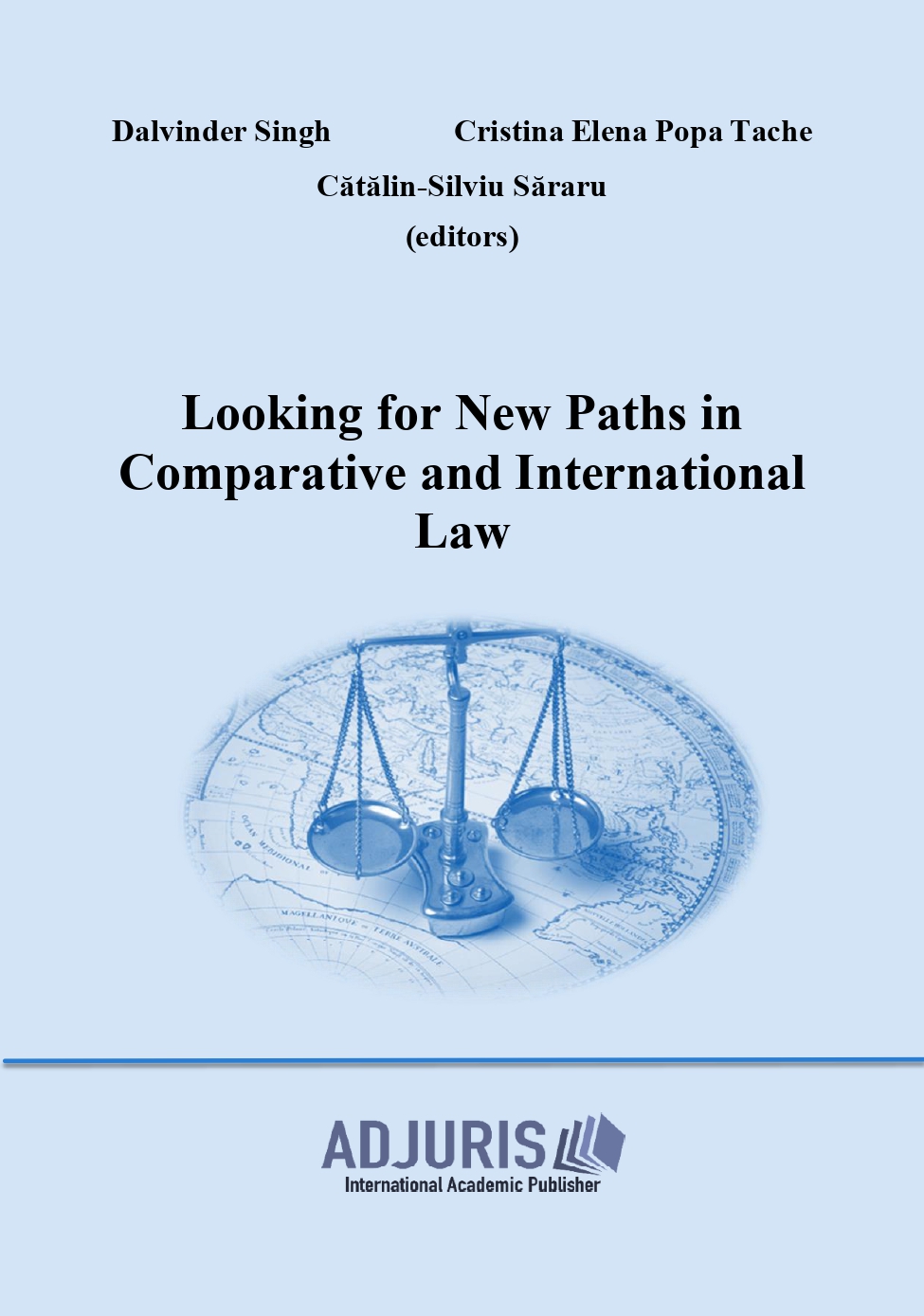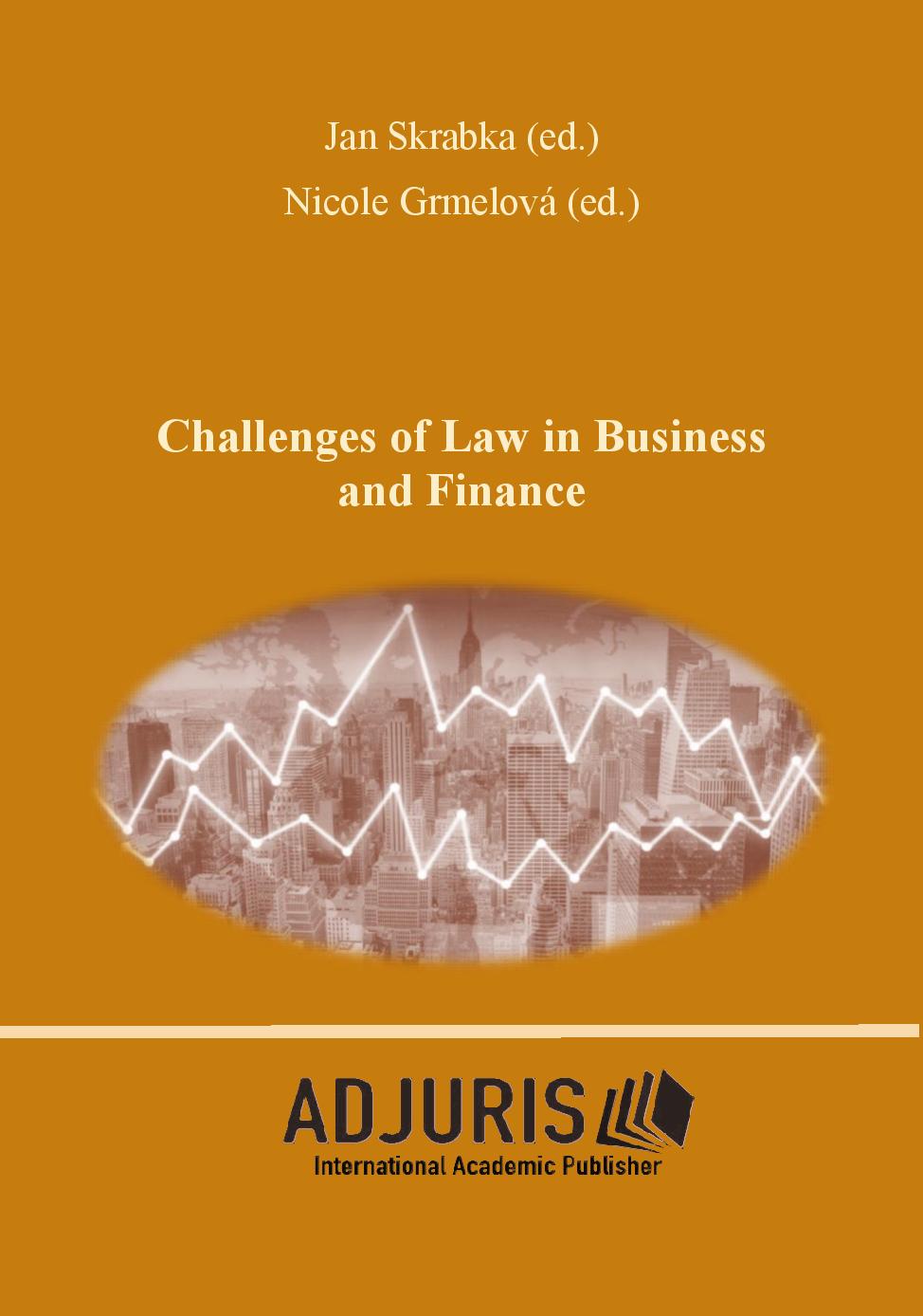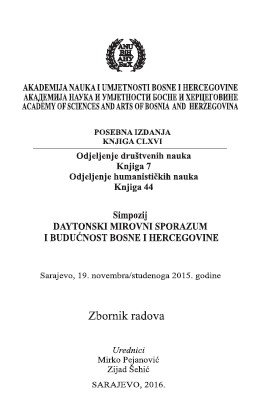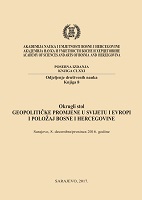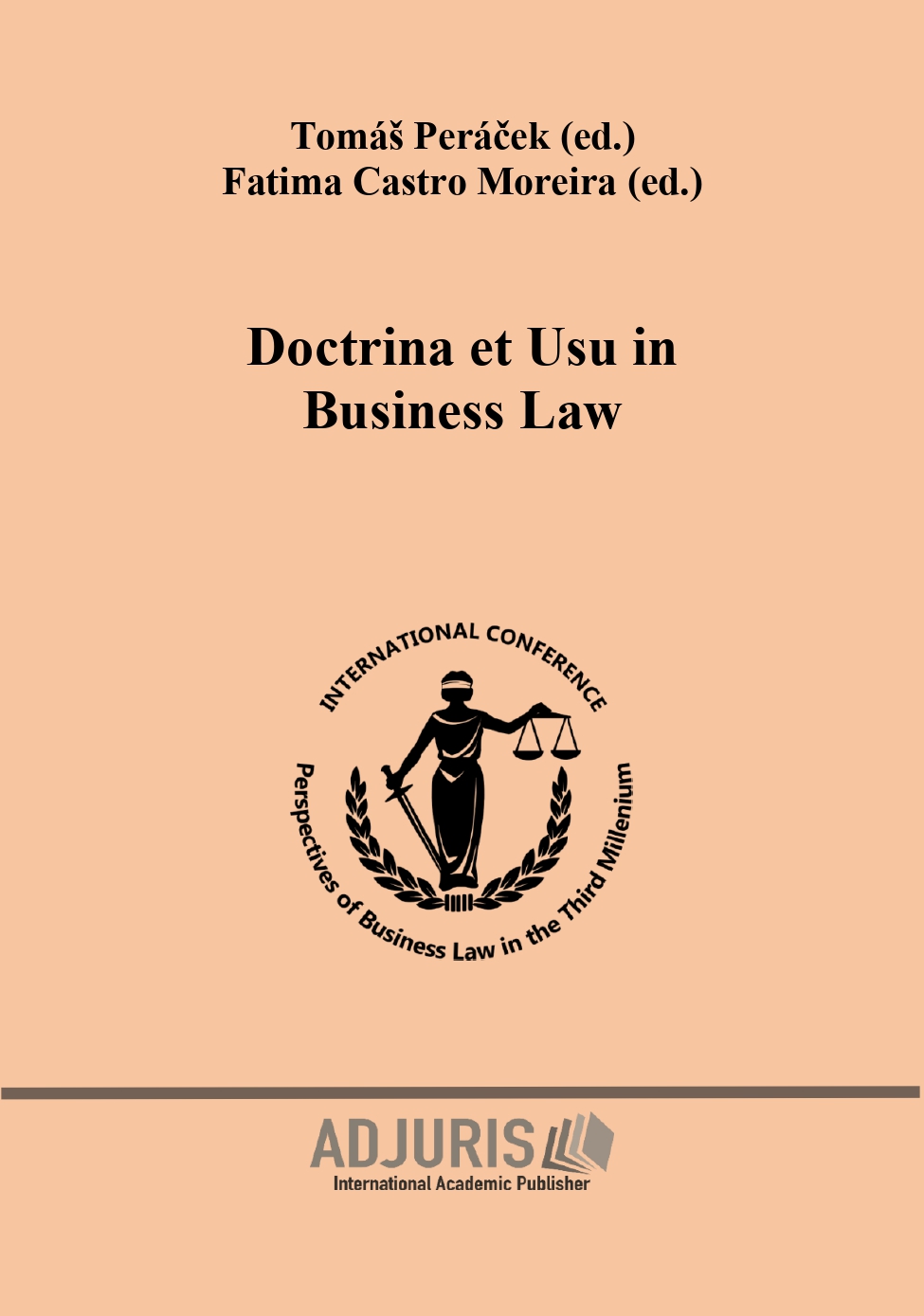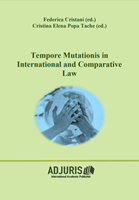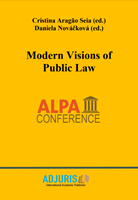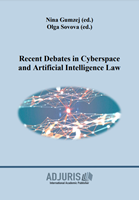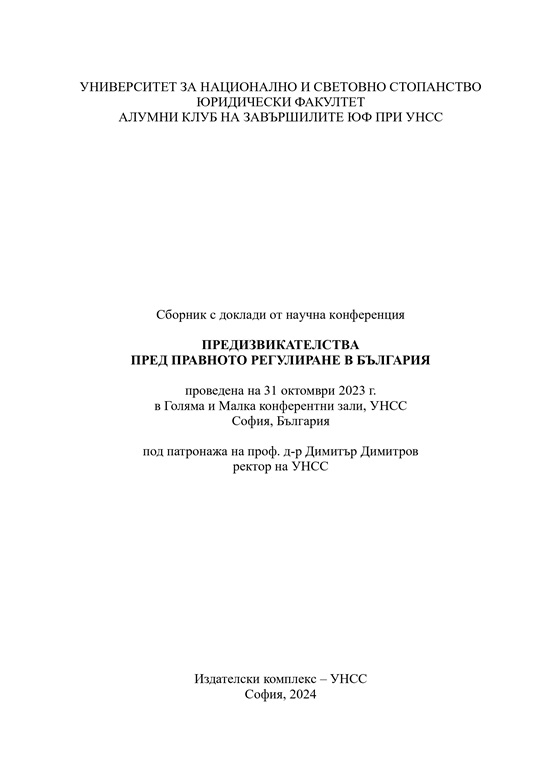Author(s): Miodrag N. Simović,Mile Šikman / Language(s): Serbian
Publication Year: 0
Terrorism, as one of the most serious types of crime, has been part of the criminal legislation norms for many years. Nevertheless, its escalation in the last 30 years has had an international impact on this phenomenon. It seems that terrorism is most dealt with in international law. This has led to the strengthening of criminal repression (prescribing stricter penalties) and an increase in the number of terrorist acts. As a result, in Bosnia and Herzegovina these acts are systemized as crimes against humanity and other values protected by international law, and are punishable by a maximum sentence (long-term imprisonment). Besides basic terrorist acts, a new form of terrorist activity, terrorism financing, was introduced in 2003 and four more types in 2010, public incitement to terrorist activities, terrorist recruitment, training for terrorist activities and organization of terrorist groups. Then, in 2014 participation of Bosnia and Herzegovina citizens in foreign terrorist activities was incriminated as a crime of illegal formation and joining of foreign paramilitary and para-police formations. In addition, there were more opportunities for effective evidence collection for these crimes through special investigative measures and financial investigations, as well as prevention of money laundering and terrorism financing. Therefore, it is clear that the legislator used the criminal law norms to improve the framework of terrorism response, which represents an evident threat and a form of security endangerment. On the other hand, there is the issue of the efficacy of the above mentioned criminal framework and how realistic its domains are when it comes to the fight against terrorism. For instance, if we consider the norms concerning public incitement to terrorism or terrorist recruitment, we will encounter problems which are already evident when it comes to complicity in criminal law. Likewise, there are many difficulties in proving one’s terrorist activities abroad (e.g. foreign terrorist fighters). This paper provides an overview of some of the abovementioned challenges of modern criminal legislation in dealing with this issue.
More...
